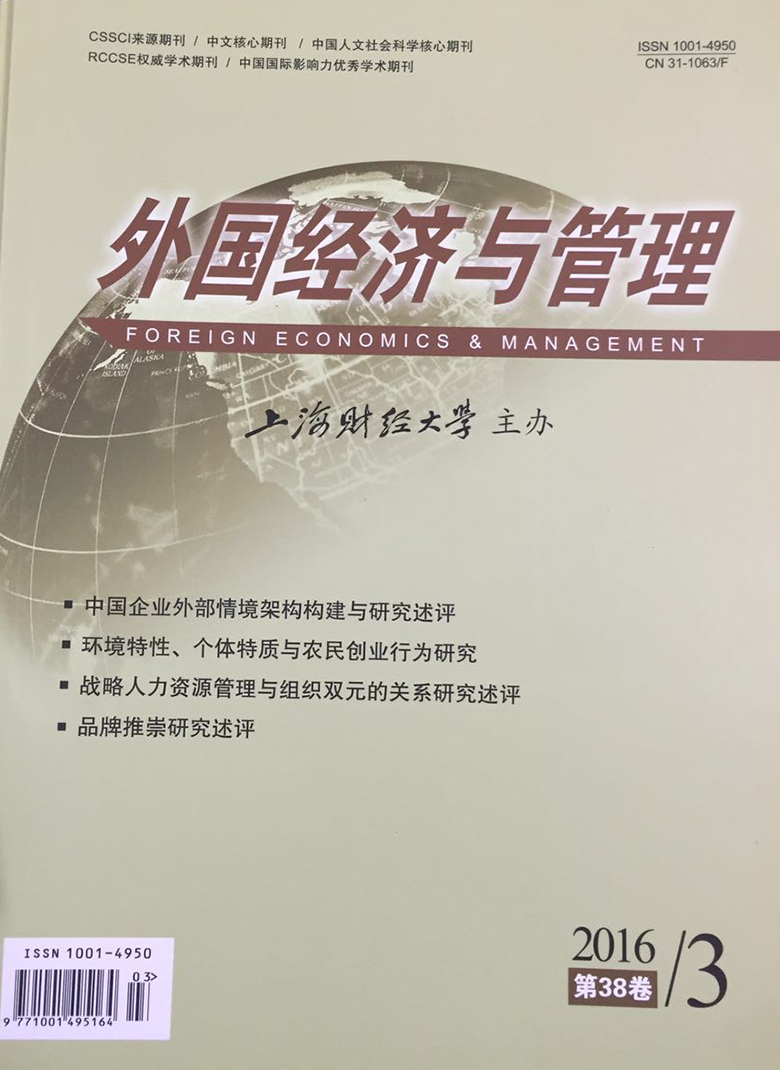This paper establishes a three-dimension interaction model to study the relationship between family involvement and firm technological innovation input, and further focus on the two-dimension interaction effect of governance context complexity and the three-dimension interaction effect of performance hazard.It comes to the following conclusions:firstly, the increase in family involvement leads to the reduction in technological innovation intensity in family firms; secondly, as the complexity of governance subjects increases, the negative effect of family involvement on firm technological innovation input deepens; thirdly, as firm business hazard deepens, the negative moderating role of the complexity of governance subjects further deepens.These conclusions above-mentioned go against the expectation of behavioral agency theory, showing that governance context complexity may serve as an applicable boundary of behavioral agency theory.In other words, behavioral agency theory is inappropriate to explain risk-taking behavior in family firms in complex governance context.
 / Journals / Foreign Economics & Management
/ Journals / Foreign Economics & ManagementForeign Economics & Management
JIN Yuying, Editor-in-Chief
ZhengChunrong, Vice Executive Editor-in-Chief
YinHuifang HeXiaogang LiuJianguo, Vice Editor-in-Chief
Family Involvement and Firm Technological Innovation
Foreign Economics & Management Vol. 38, Issue 03, pp. 86 - 98,112 (2016) DOI:10.16538/j.cnki.fem.2016.03.007
Abstract
References
Abstract
Cite this article
Min Yijie, Chen Zhijun, Li Rong. Family Involvement and Firm Technological Innovation[J]. Foreign Economics & Management, 2016, 38(3): 86–98.
Export Citations as:
For




 7892
7892  8089
8089

